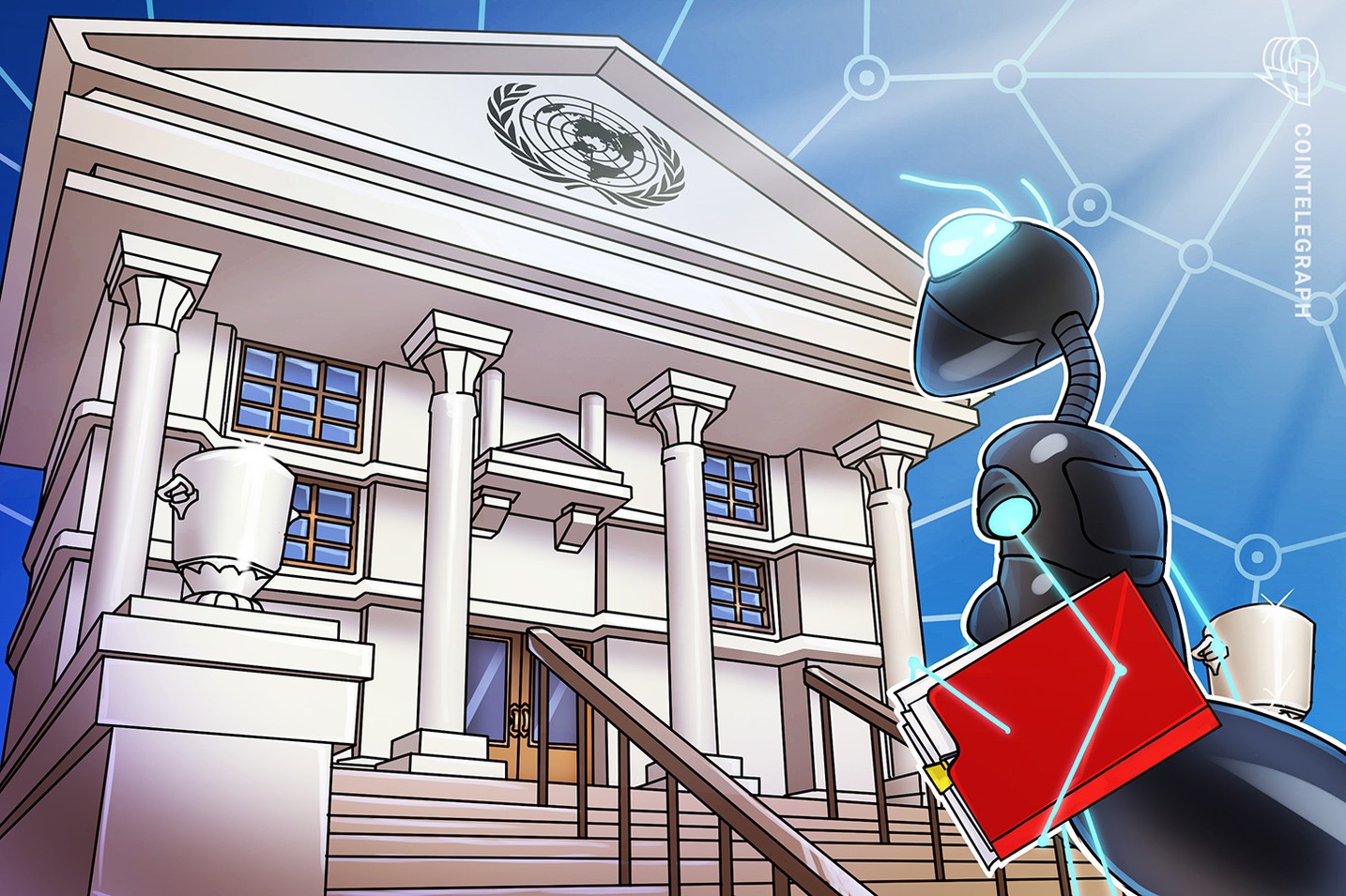Cambodia has been chosen as the site of a pilot program for a blockchain-based platform for the Universal Trusted Credentials (UTC), a digital credentialing system developed by the United Nations Development Program (UNDP). The Dfinity Foundation, developer of the Internet Computer blockchain, will work with the UNDP on the program.
Internet Computer will provide infrastructure for securing and managing UTC. The Singapore Monetary Authority and other bodies collaborated with UNDP on UTC, which was introduced in November and intended to encourage the participation of micro, small and medium enterprises in the digital economy.
An ecosystem in the making
The pilot is expected to roll out in ten countries in time. Dfinity Foundation Founder Dominic Williams said in a statement:
“MSMEs represent the backbone of most economies, and the UTC initiative represents a unique opportunity to bring transparency and increase inclusion within a financial system that often fails to cater to their needs.”
The MAS and Bank of Ghana — another participant in UTC development — completed a proof-of-concept using the UTC in May. That project used a semi-fungible token (SFT) to transfer such information as licenses and trade records. Know Your Customer verification can also be included in an SFT.

ICP, Cambodia are ready partners for UNDP project
Cambodia provides fertile ground for digital experimentation. The Securities and Exchange Regulator of Cambodia has an agreement with Binance on developing digital asset regulation. Its central bank digital currency (CBDC)-like Bakong currency can be used worldwide on the Alipay retail network and has served as a model for Laos’ proposed CBDC, which is in the proof-of-concept phase.

Internet Computer is creating a decentralized ecosystem to serve as an alternative to cloud providers. In June, it introduced a protocol for verifying Web3 users’ identities with a passkey system that is not dependent on wallets. It has also developed a platform for government agencies and enterprises that allows them to use their own hardware on a private cloud to guarantee their cybersecurity.
